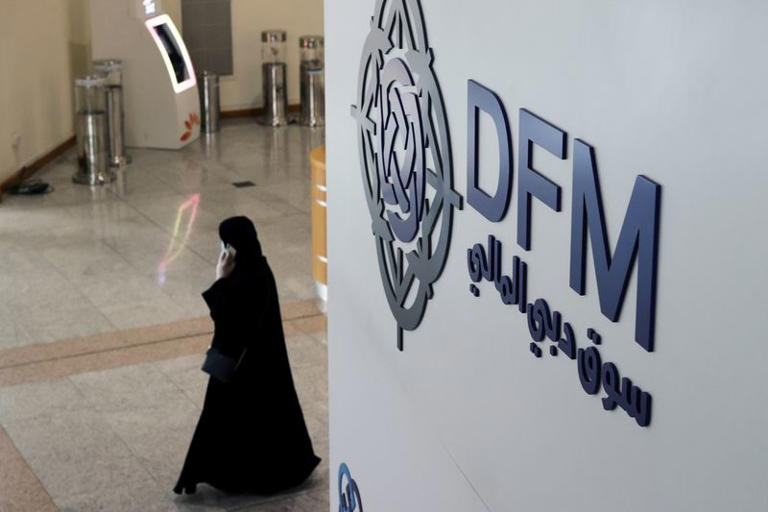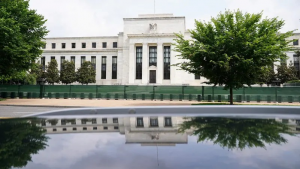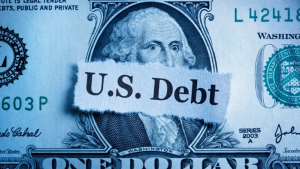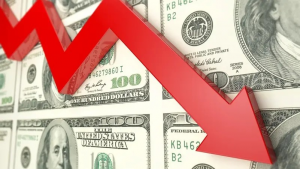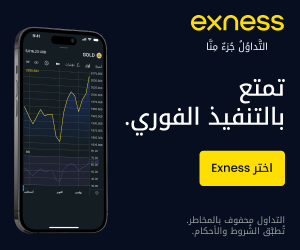Most stock markets in the Gulf ended lower on Wednesday as geopolitical tensions in the region depressed sentiment, while corporate earnings failed to lift investor mood.
Saudi Arabia's benchmark index (.TASI), opens new tab dropped 0.5%, weighed down by a 1.4% slide in aluminium products manufacturer Al Taiseer Group (4143.SE), opens new tab and a 0.9% decrease in Al Rajhi Bank (1120.SE), opens new tab. The International Monetary Fund further lowered its GDP growth forecast for Saudi Arabia for 2024 to 1.5% and estimated growth to accelerate to 4.6% next year in its latest World Economic Outlook Report released on Tuesday.
Gulf stock markets were predominantly in negative territory, as geopolitical tensions in Middle East continued to weigh heavily on market sentiment, said Hani Abuagla, Senior Market Analyst at XTB MENA. "Additionally, a potential decline in oil prices could also affect the market." Elsewhere, oil giant Saudi Aramco (2222.SE), opens new tab eased 0.2%.
Oil prices - a catalyst for the Gulf's financial markets - fell after industry data showed U.S. crude inventories swelled more than expected, though futures were still up about 2% this week as traders factored in continuing conflict in the Middle East.
Dubai's main share index (.DFMGI), opens new tab gave up early gains to close 0.1% lower, with blue-chip developer Emaar Properties (EMAR.DU), opens new tab losing 1.8%. In Abu Dhabi, the index (.FTFADGI), opens new tab declined 0.5%, hit by a 2.1% slide in the country's biggest lender First Abu Dhabi Bank (FAB.AD), opens new tab.
However, Abu Dhabi Commercial Bank (ADCB.AD), opens new tab concluded flat despite reporting a sharp rise in third-quarter profit. The Qatari index (.QSI), opens new tab declined 1.5%, as most of its constituents were in negative territory including the Gulf's biggets lender Qatar National Bank (QNBK.QA), opens new tab, which retreated 2.8%. Wall Street's main indexes ended mostly flat on Tuesday while investors kept an eye on U.S. Treasury yields and sorted through more corporate earnings.
Shifting expectations around how fast and deep the Federal Reserve will cut rates have also hurt risk sentiment, with traders now anticipating the U.S. central bank to be measured in its easing. Monetary policy in the Gulf Cooperation Council, which includes the UAE, often aligns with the Fed's decisions as most of the regional currencies are pegged to the U.S. dollar.

